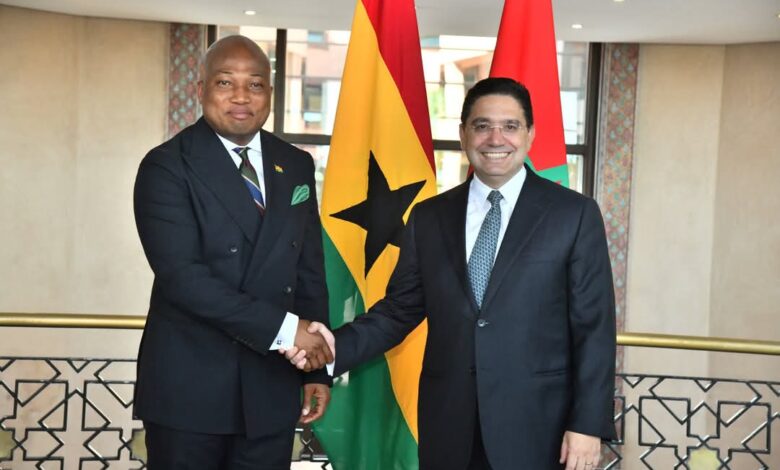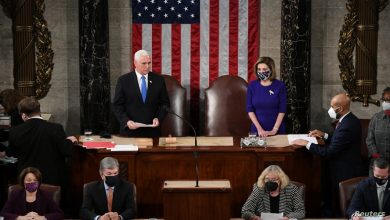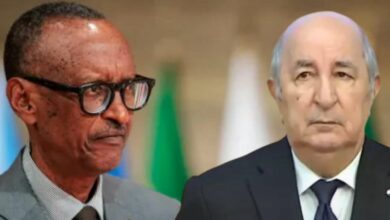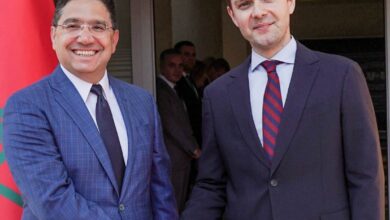The Significance of Ghana’s Official Recognition of the Moroccanness of the Sahara and Support for the Autonomy Initiative: A New Diplomatic Victory for the Kingdom of Morocco
The Significance of Ghana’s Official Recognition of the Moroccanness of the Sahara and Support for the Autonomy Initiative: A New Diplomatic Victory for the Kingdom of Morocco

ALDAR / Analysis
The Republic of Ghana has officially recognized Morocco’s full sovereignty over its southern provinces, explicitly endorsing the autonomy initiative proposed by Morocco as the only serious, credible, and realistic solution to the artificial regional dispute over the Moroccan Sahara.
Ghana’s decision goes beyond merely withdrawing its recognition of the so-called “SADR.” It constitutes a clear and unequivocal support for the Moroccanness of the Sahara, reflecting a profound shift in the positions of some African countries that are now approaching the issue with greater realism, moving away from outdated stances often shaped by political pressures or Cold War legacies.
This shift is part of a growing continental trend marked by a steady decline in recognition of the separatist entity, alongside expanding support for Morocco’s autonomy initiative, which the UN Security Council has repeatedly described as “serious and credible.”
Ghana’s recognition of the Moroccan Sahara deals a significant blow to the separatist agenda backed by Algeria and confirms that momentum is shifting in Morocco’s favor within the African Union. The number of countries recognizing the separatist entity continues to shrink. It’s worth noting that Ghana is one of the largest economies and most influential political actors in West Africa, and its decision could inspire other countries in the region to adopt similar stances.
This development also underscores the depth of Moroccan-Ghanaian relations, especially after several high-level visits between officials of the two nations, which have led to growing economic cooperation and joint investments in sectors such as energy, agriculture, and infrastructure.
The autonomy plan, proposed by Morocco since 2007, is widely viewed as the only realistic framework for a definitive resolution to the conflict, granting the populations of the southern provinces extensive powers to manage their local affairs under Moroccan sovereignty and territorial integrity. The initiative has received increasing support from major global powers, including the United States, Germany, and Spain, as well as broad backing from African and Latin American countries.
Ghana’s message is clear: there is no longer room to support a fictitious entity that lacks the basic attributes of statehood and only serves political agendas that divide the continent and hinder its integration. In contrast, promoting stability and supporting the territorial integrity of states has become essential for any successful regional cooperation in Africa. In this light, supporting the Moroccanness of the Sahara is a strategic choice that enables the establishment of genuine development partnerships.
Ghana’s decision marks a new turning point in the process of resolving the artificial conflict over the Moroccan Sahara. It represents a victory for Moroccan diplomacy, which follows a calm, realistic approach based on economic partnership and African solidarity. The pace of support for the autonomy proposal is expected to accelerate, particularly as the international community increasingly recognizes the futility of separatist narratives and the need for sustainable solutions that ensure security and stability in the Sahel and Sahara region.





